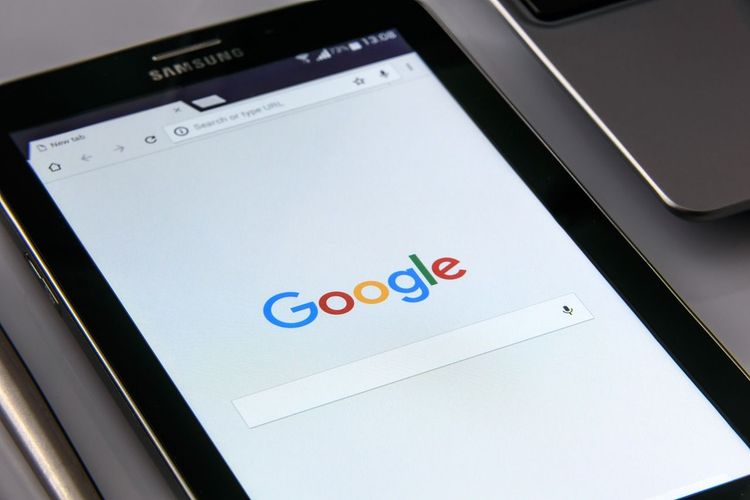Oprah Winfrey Presents "AI and the Future of Us" Special
Late Thursday evening, Oprah Winfrey hosted an insightful special titled “AI and the Future of Us,” featuring an impressive lineup of guests, including OpenAI CEO Sam Altman, tech influencer Marques Brownlee, and FBI Director Christopher Wray. The overarching theme of the discussion was one of skepticism and caution regarding artificial intelligence.
Oprah began her remarks by emphasizing that the “AI genie is out of the bottle,” highlighting the need for humanity to navigate the consequences of this technology. “AI remains largely beyond our control and understanding,” she stated. “However, it’s here, and we must learn to coexist with it as both an ally and a rival. We are the planet's most adaptable creatures and will need to adapt again. The stakes could not be higher, so keep your eyes on what’s real.”
Sam Altman’s Controversial Assertions
In his first interview segment, Sam Altman made a bold claim, suggesting that today’s AI systems understand the concepts behind the data they process. “We present the system with a thousand words in a sequence and ask it to predict the next one,” he told Oprah. “From this, it learns to predict and understand the underlying concepts.”
However, many experts would challenge this notion. While AI models like ChatGPT and the newly introduced O1 by OpenAI do predict the next likely words, they primarily operate as statistical analyses of data patterns without true understanding. Altman's words raised eyebrows as he potentially overstated their capabilities, yet he did stress the necessity of safety testing these systems. “One of the first steps we need to take is to prompt governments to establish safety testing for these systems, similar to the standards we have for aircraft or new medicines,” he emphasized.
Altman’s stance on regulation might also be seen as self-serving; OpenAI has opposed California's AI safety bill, SB 1047, arguing that it hampers innovation. In contrast, former OpenAI employees and AI experts, including Geoffrey Hinton, have backed the bill, contending it introduces essential safeguards in AI development.
Oprah challenged Altman on his leadership role at OpenAI, questioning why people should trust him. His response skirted the issue, stating that his company aims to build trust over time. He also expressed concern about a media narrative suggesting he could be “the most powerful and dangerous man in the world.” While he disagreed, he acknowledged his responsibility to guide AI development positively.
Exploring Deepfakes with Marques Brownlee
The discussion also ventured into the realm of deepfakes. Marques Brownlee showcased the advancements in AI-generated media by comparing footage from Sora, OpenAI's video generator, to older AI-generated clips. The contrast highlighted the rapid evolution of the technology. “You can still spot flaws in this footage, but it appears remarkably real,” Brownlee noted, prompting Oprah to agree with his assessment of its authenticity.
This led to an engaging conversation with FBI Director Wray, who recounted his first exposure to AI deepfake technology. “An FBI team demonstrated how they created a video of me, saying things I never said and would never say,” he explained. Wray also discussed the rising issue of AI-driven sextortion, revealing a staggering 178% increase in cases over the past year, largely fueled by advanced AI techniques. “A perpetrator poses as a peer to target a teenager, using AI-generated compromising images to manipulate the victim into sending real images,” Wray warned, emphasizing the urgency of the issue.
He further addressed the potential ramifications of AI in the upcoming U.S. presidential election, urging Americans to maintain vigilance against disinformation. “We’re increasingly finding that individuals on social media who appear to be local residents may actually be foreign operatives,” he added. A recent Statista poll indicated that over a third of U.S. respondents encountered questionable information regarding significant topics in late 2023, underscoring the growing concern around AI-generated misinformation.
Bill Gates Envisions a Brighter Future with AI
In a more optimistic segment, Oprah welcomed Microsoft co-founder Bill Gates, who expressed enthusiasm about AI's potential to revolutionize education and healthcare. "AI can serve as a third participant in medical appointments, helping doctors provide better patient engagement and accurate prescriptions,” Gates explained.
However, he did not address the potential bias in AI systems, with studies showing discrepancies in speech recognition accuracy for different racial groups. Furthermore, research indicates that AI can perpetuate unfounded beliefs about biological differences, adversely impacting healthcare outcomes.
Gates also highlighted AI's role in personalized education, arguing that it could keep learning engaging and accessible. Nonetheless, many educational institutions continue to grapple with the implications of AI. Last year, schools moved to ban tools like ChatGPT out of fear of academic dishonesty. While some have since reversed their bans, surveys indicate significant skepticism around generative AI, with over half of surveyed children reporting instances of negative use, such as creating misleading information.
The United Nations Educational, Scientific and Cultural Organization (UNESCO) has called for global regulations on the use of generative AI in education, advocating for age restrictions and privacy safeguards.
Oprah's special effectively illuminated the intricate relationship between AI technology and society, leaving viewers with much to ponder about the implications of this powerful tool.







